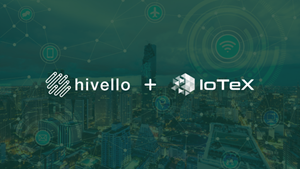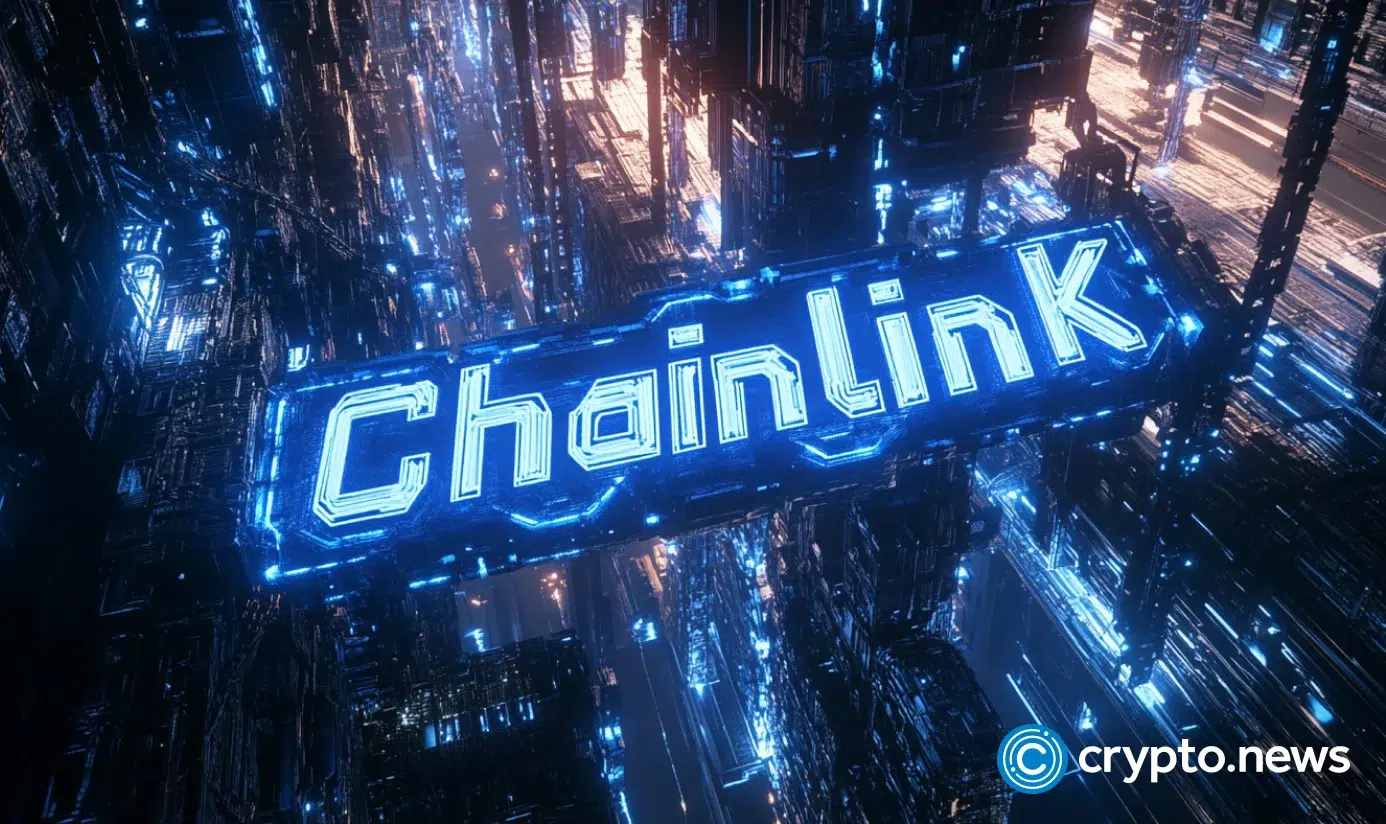The Need for Privacy in Blockchain Adoption

In a recent discussion, Matthew Niemerg, co-founder of Aleph Zero, emphasizes the critical balance between transparency and confidentiality for businesses considering blockchain adoption. He draws parallels to the Renaissance banking practices of the Medici family, who maintained meticulous records while ensuring access was limited. Niemerg argues that the current push for radical transparency in blockchain transactions could deter businesses from embracing this technology, as it exposes sensitive information to competitors and market manipulators. He suggests that transparency should focus on verifying compliance with rules rather than making every business decision public.
Niemerg highlights that industries such as healthcare and financial services, which have successfully adopted blockchain, rely heavily on trust built over decades. The risk of exposing confidential information, such as patient records or corporate financial strategies, could undermine this trust. As businesses increasingly move operations on-chain, the need for privacy becomes paramount. For instance, a pharmaceutical company developing a new drug cannot afford to disclose its research investments, nor should a retail chain reveal its inventory management strategies through visible smart contracts.
To address these privacy concerns, Niemerg advocates for the integration of privacy-preserving technologies, such as zero-knowledge cryptography, into blockchain systems. This approach allows for transaction verification without revealing sensitive details, thus maintaining the trustless nature of blockchain while protecting business information. He warns that without robust privacy solutions, enterprises may gravitate toward private, permissioned networks, which could fragment the blockchain ecosystem. Ultimately, Niemerg calls for a shift in blockchain design philosophy, urging developers to prioritize confidentiality as a foundational element to ensure practical business adoption and the long-term viability of public blockchains.
Related News





